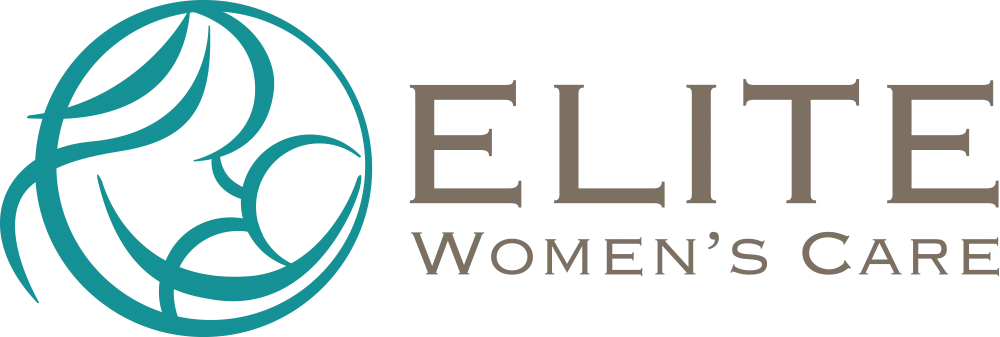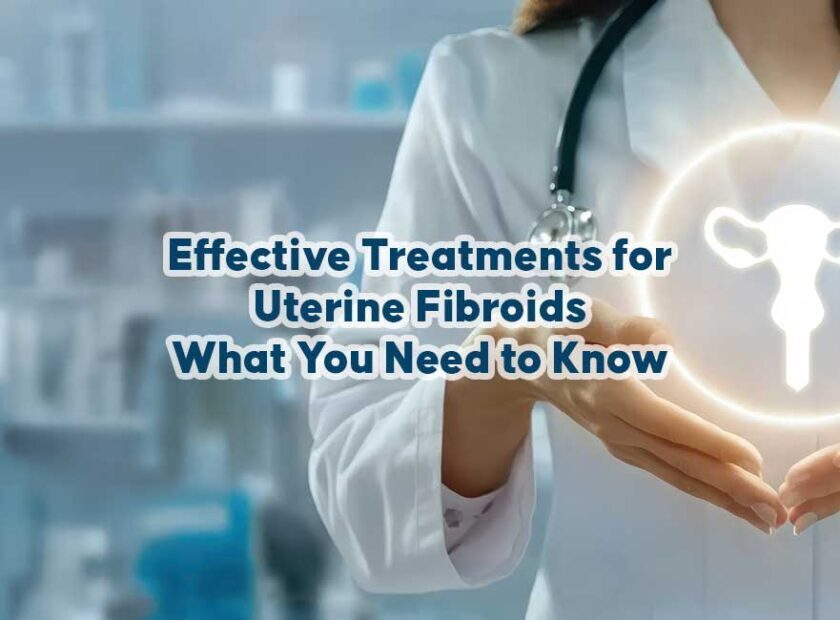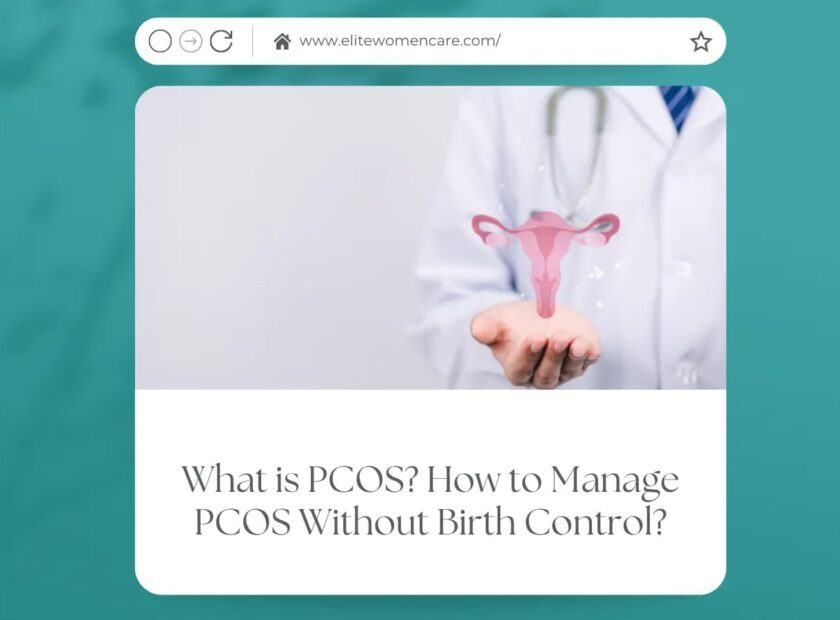
What is PCOS? How to Manage PCOS Without Birth Control?
Nothing can be more searched on the Internet by the women than “What is PCOS?” And rightly so. Polycystic Ovary Syndrome (PCOS) is a hormonal disorder afflicting millions all over the world, most of them women in their reproductive ages. The disorder affects not just fertility, but also metabolism, skin, weight, and mental health. It would, therefore, be a right of every woman to know exactly what PCOS is, how to treat it, and live an independent, balanced life without birth control.
The birth control methods that create synthetic hormones have generally been prescribed to treat PCOS symptoms for some time now; most women would like to seek natural, sustainable alternatives. Managing symptoms can certainly be done without synthetic hormones if only out of choice or out of fear of side effects or long term effects on health. There will, therefore, be a detailed discussion on what PCOS is, its causes, and why the options for management include lifestyle, diet, and holistic approaches.
Understanding the Basics: What is PCOS?
To fully understand PCOS and its management, the basic question has to be answered: What is PCOS? Polycystic Ovarian Syndrome involves abnormal secretion of androgens by the ovary in excessive amounts. Androgens are male sex hormones which are normally produced in small quantities by females. There may be formed small cysts in the ovary. These cysts are not harmful but are associated with hormone imbalance leading to irregular periods, weight gain, and eventually infertility.
Irregular menstrual cycles are common in women with the syndrome; some may even not menstruate at all. Failure to ovulate redesigns the order of hormonal patterns. Since eggs are not invariably released in the body, menstruation is either gone or heavy because the thickened lining of the uterus is shed. Many women experience exacerbated acne, hair loss, and excessive hair growth due to higher levels of androgen.
And that is just one part of the 2000 reproduction problems. The other is metabolism. Insulin resistance is very common in women with PCOS. However, insulin resistance acts as a mechanism to elevate blood sugar levels and ultimately type 2 diabetes. That’s why lifestyle changes, particularly related to diet and exercise, are often the first steps in managing PCOS naturally.
At What Age Can PCOS Start?

Many women wonder: at what age can PCOS start?In reality, PCOS can manifest anytime during puberty. Irregular periods, increased acne, or sudden weight gain may begin to bother some girls during their teen years. But since these symptoms may mimic a few normal changes in adolescence, they are usually not diagnosed for PCOS until adulthood.
Typically, PCOS is distinguished between women aged 20s and 30s, usually when fertility problems arise. However, early detection is very helpful, so even early management of the condition would likely reduce subsequent health problems such as diabetes, cardiovascular disease, and endometrial cancer.
In any case, young girls and teens should remain alert about their cycles and health in general. If you or a friend feels that something is abnormal, it is worthwhile discussing it with an HCP who is knowledgeable about PCOS.
What Are Signs That You Have PCOS?
If you’ve ever wondered what are signs that you have PCOS, the answer can vary from woman to woman—but there are several hallmark indicators. The most usual presenting feature is irregular menses that may amount to fewer than nine periodic intervals per annum, extremely heavy periods, or an altogether absence of menses. Other hormonal manifestations include severe acne, male pattern alopecia, and hirsutism.
Weight gain or the inability to lose weight is another red flag. Many women with PCOS find it difficult to maintain healthy weights, especially around the midsection. Insulin resistance has a strong influence in this scenario, with insulin resistance contributing to the stubborn accumulation of fat as well as severe energy crashes after meals.
You also have the emotional symptoms going on there. Irritability, anxiety, depression, and mood swings are often reported by women having PCOS. These far from effective rules of traditional treatment are often turned a blind eye to but are worthy of equal attention in need for their management. When you experience any of the aforementioned symptoms or combinations of them, do go consult a health care provider to undergo relevant testing and receive an appropriate diagnosis.
What Helps with PCOS Naturally?
Lifestyle is what generally helps with PCOS, especially this far from contraception. Regular physical activity is the best method to keep insulin in check and lessen symptoms. Of course, you don’t have to push the extremes—walking around the block every day, practicing yoga, or heavy lifting three days a week goes a long way for your hormonal balance.
Stress management is also important. Chronic stress raises cortisol levels, which worsens PCOS symptoms. Deep breathing exercises, journaling, meditation, or therapy can help keep stress in check and make for better hormonal harmony. Managing your mental health takes charge of the physical side of things.
Natural supplements can also do a little supporting. Inositol, especially Myo-Inositol and D-Chiro Inositol, seems to help with insulin resistance and menstrual regularity, according to studies. Other supportive nutrients include magnesium, zinc, and vitamin D. Check with your healthcare professional before starting any new supplement routine.
What to Eat with PCOS: A Diet That Works
What to eat with PCOS is one of the most frequently asked questions. It is all about having a nutrient dense, anti inflammatory diet. Things that should be focused on are whole foods, be it dark leafy greens, lean proteins, healthy fats, or complex carbs. These foods aid in balancing blood sugar levels, boosting insulin resistance, and reducing inflammation.
Avoid processed foods, added sugars, and refined carbohydrates as much as possible. These may cause blood sugar spikes and increase insulin resistance. Instead, go for sweet potatoes versus white, brown rice versus white, and natural sweetener counterparts like stevia, but in moderation.

What to eat with PCOS should also include fiber rich foods. Fiber helps normalize blood sugar and keeps one feeling full longer, so it helps curb cravings. The best options to consider can include chia seeds, oats, quinoa, broccoli, and beans. Incorporating these into your meals regularly may bring about a remarkable change in symptoms.
What Can You Eat With PCOS? Smart Food Choices
When one wonders about foods that can help a person with PCOS bear a healthy life, think balance and sustainability. Rather than subjecting oneself to life’s extremes of dieting, focus on putting together meals to support the glandular system. A fulfilling protein breakfast will surely charge you throughout the day; think eggs with avocado and whole meal toast or a smoothie with spinach, chia seeds, and protein powder.
Snacks must serve some function and should preferably be a mix of fiber, fat, and protein: Greek yogurt with nuts; hummus with veggies; or a hard boiled egg with fruit. This keeps blood sugar level from going up, which could cause fatigue and crave spells.
Perfection need not be the goal when eating out or satisfying taste bud cravings. Certainly, it is fine to enjoy a treat or two here and there. What counts the most is what is done over time with regard to eating patterns. Supporting your body with the right foods will make it adept at handling any stuff ups now and then.
What Diets Are Good for PCOS?
When it comes to diets, many women ask, what diets are good for PCOS? There is no easy answer to that, but a certain number of eating patterns look promising. The Mediterranean diet, for instance, includes lots of fruits and veggies, healthy fats, and lean proteins. It places a certain emphasis on anti inflammation and cardiovascular health and can be followed for the long term.
Another diet suitable in cases of PCOS is the DASH diet (Dietary Approaches to Stop Hypertension). Originally designed to keep blood pressure in check, it is now known to help insulin resistance and maintain weighs. This diet goes heavy on whole grains and offers low fat dairy and reduced sodium, working to support hormonal health.
Low carb and moderate carb diets are also offered as options for women with PCOS, particularly those who are insulin resistant. But, wiping out all carbohydrates is neither necessary nor recommended. Rather, emphasize complex carbohydrates rich in fiber, along with protein or fat to aid blood sugar stabilization.

How to Build a Sustainable PCOS Routine Without Birth Control
Once the concept of PCOS has been understood, the next task remains in constructing a sustainable routine that supports health. Very simply put, a movement base: find activities you enjoy and can consistently do. It builds metabolism, uplifts the mood, and pumps energy into the body.
Now comes the diet. As discussed above, eating alone for the PCOS woman dictates greatly whether she feels really good or does not function properly. Whole foods for real nourishment to the body. Supps on the side, so to speak, and keep an eye on yourself with time.
Lastly, keep consistency. Playing the waiting game is managing PCOS naturally. You might not see the effects immediately, but after keeping at it for some time, a lot of women have eventually appreciated the improvements to their cycles, skin, energy, and mood—all worthwhile noting. Keep track of your symptoms alongside those who share your experience, and don’t forget to celebrate those smaller triumphs; it’s a journey, not a sprint.
Summary: A Holistic Approach to PCOS
To get the most out of this, one must first understand what PCOS is in the reconceptualization of one’s health. Although for some birth control may be suitable, it is not the only means of treatment. It is indeed possible to manage PCOS naturally with fitness, mindful eating, stress management, and someone to lean on.
If you’ve been struggling to find a method that works for nature, perhaps it’s time to revisit your thought patterns, diet, and emotional health. The one two punch of small, concerted actions will pack large results given enough time. And, of course, there is help to be found for you. Is this a fresh diagnosis, or have you been living with it for years? No time is late to get in charge of your health.




